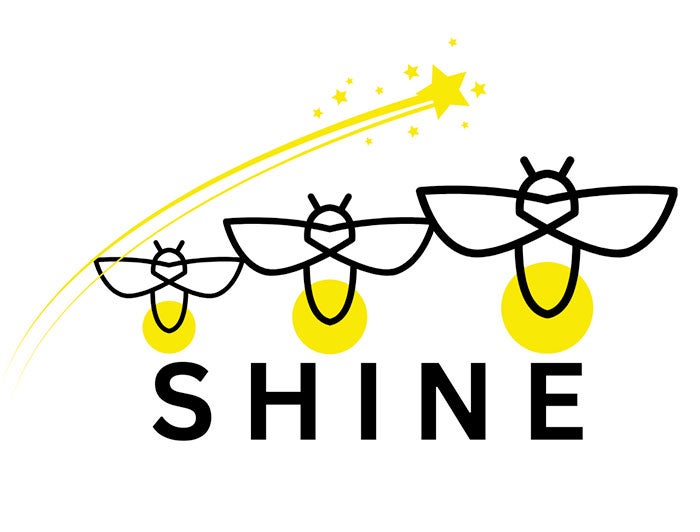SHINE on: How Vanderbilt expanded its integrated care model for opioid-exposed infants
Vanderbilt University Medical Center
Nashville, Tenn.

Vanderbilt University Medical Center is growing its integrated, multidisciplinary care for infants and children who have been exposed to opioids while in utero.
In 2021, VUMC began the Firefly Program, in which OB-GYNs, pediatricians and psychiatrists offer a broad range of care, including neurodevelopmental monitoring, to babies from birth to 12 months of age. “Children with intrauterine exposure to opioids may experience differences in how their nervous system develops,” said Neill Broderick, Ph.D., assistant professor of pediatrics at Monroe Carell Jr. Children’s Hospital at Vanderbilt. “These differences can manifest in many ways, such as sensory integration differences, emotional and/or behavioral dysregulation and learning differences.”
Building off the success of the Firefly Program, VUMC now has a new initiative dedicated to infants and young children exposed to opioids in utero. SHINE (Support and Health for Infants with Neonatal Exposures) uses neurodevelopmental monitoring for the prevention and early detection of developmental delays and differences for children from birth to 6 years old. Using the same integrated approach as the Firefly Program, SHINE brings together general pediatrics; physical, occupational and speech therapy; and the Firefly Program to ensure that patients receive the full scope of care they need. The program also streamlines the care of the mother and the care of the child, improving the chances of success for both.

